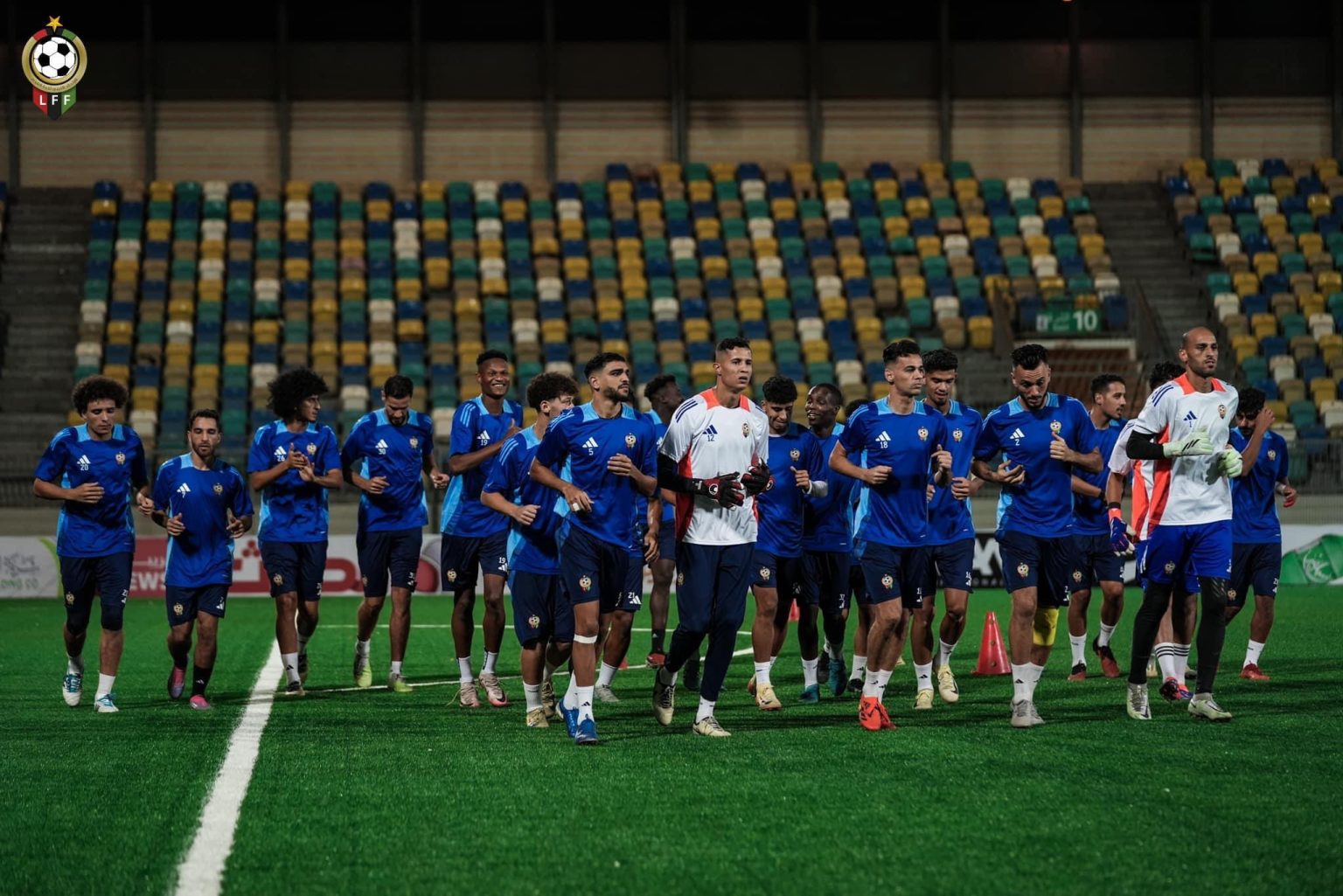Reports have emerged of mass arrests and fines imposed on Nigerian nationals in Libya following a contentious verdict by the Confederation of African Football (CAF).
This stems from the Nigeria Football Federation’s (NFF) complaint over the Super Eagles’ (Super Eagles) detention at Al-Abraq Airport in Libya. The Nigerian team was held for over 20 hours ahead of their 2025 Africa Cup of Nations qualifier against the Mediterranean Knights.
In response, CAF’s disciplinary committee ruled on October 26, awarding the Super Eagles three points and three goals for the abandoned match. The Libyan Football Federation (LFF) was also ordered to pay a $50,000 fine within 60 days. Expressing his dissatisfaction with the ruling, LFF President Nasser Al-Suwai’I called the decision “unjust and malicious,” alleging that NFF’s influence within CAF influenced the outcome.
The President of the Nigerian community in Libya, Peter Omoregbie, spoke out on the mass arrests, stating, “The arrests started on Sunday night in some areas in Tedora. They are arresting innocent people. They don’t even care whether you have passports or residence permits. They just don’t care, which doesn’t happen in other countries.”
Omoregbie continued, noting widespread alarm among Nigerians living in Libya, as social media commentary from Libyan journalists and bloggers suggested Nigeria would be forced to pay the fine through these arrests. “On social media, Libyan journalists and numerous bloggers are saying that Nigeria will be made to pay the $50,000 fine by arresting all Nigerians in Libya. But in other countries, nothing like that happens,” he said.
With videos circulating that reportedly show Nigerian nationals being detained in Tedora regardless of their legal status, Omoregbie added, “Some of us are already afraid, calling everywhere to ask what to do. Sometimes, as community leaders, we are helpless. Even the Nigerian Embassy’s hands are sometimes tied. But international bodies need to intervene in this situation.”
The Nigerian community in Libya is now calling on international organizations to address the escalating situation, as fear and uncertainty mount among Nigerians in the region.


